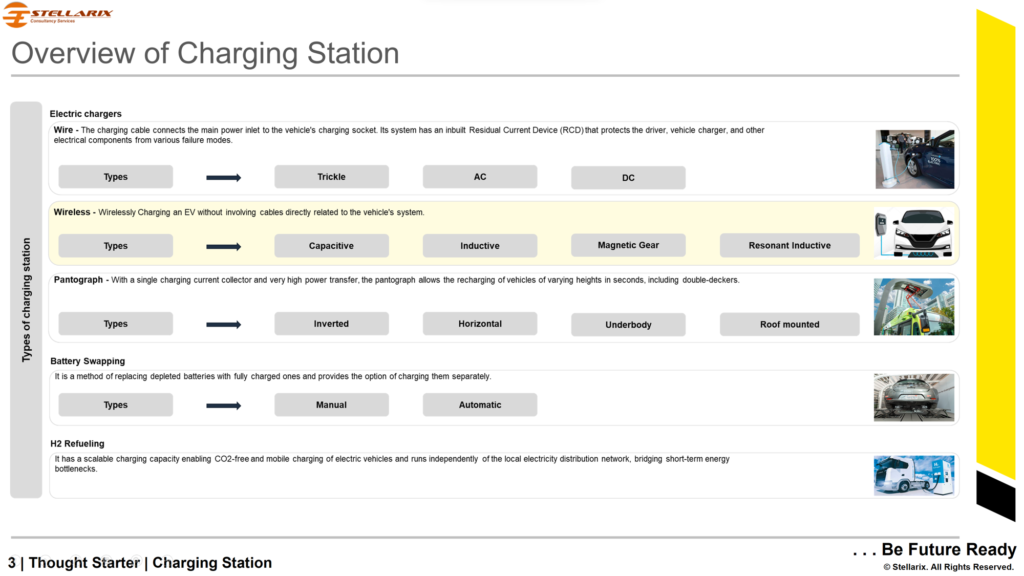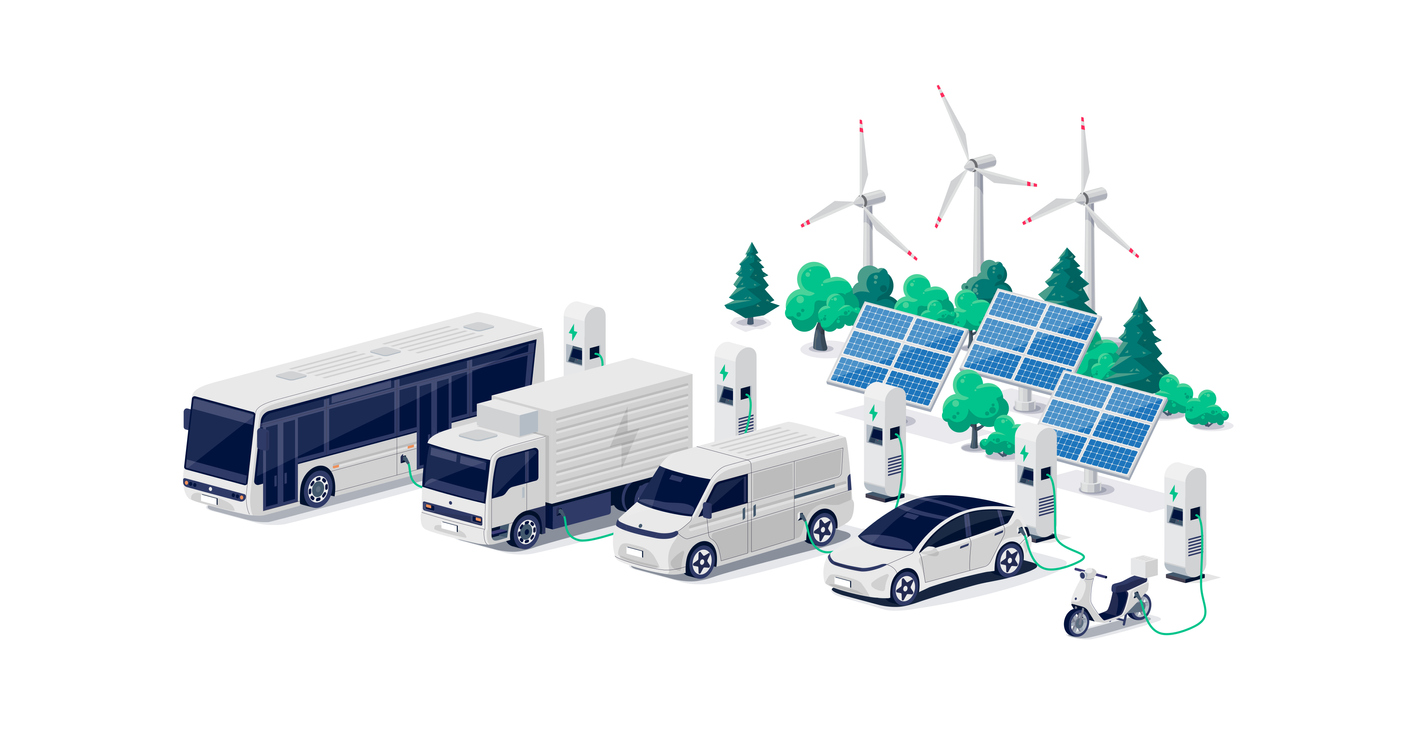Sustainable Mobility: Innovations in EV Charging Stations
Addressing the rising environmental concerns is the need of the hour and demands a sustainable future, which heavily depends on using electric vehicles (EVs). And that’s why the popularity of these vehicles is growing by leaps and bounds. However, those EVs need effective EV charging stations. Thus, it bolsters a reliable, accessible, and efficient charging set-up, meeting drivers’ requirements wherever they navigate or drive.
There are many different types of EV chargers on the market. The most common type is the Level 2 charger, typically found in public parking garages and at home. Also, this charger can charge an EV in four to eight hours.
The Level 3 charger is the fastest and can charge an EV between 30 minutes to an hour. However, this charger is not as equipped as the Level 2 charger. It is typically found at commercial businesses and public transportation hubs.
The need for an efficient and reliable car charging infrastructure will subsequently grow as the world moves towards a more sustainable future. Several different technologies are being developed to meet this requirement. Experts consider renewable energy to be a crucial energy source to enhance sustainability further. This could include solar panels or wind turbines. This would be a more sustainable option, but it would also be more expensive to implement. Additionally, the infrastructure would need to be in place before drivers could take advantage of it, so it would not be a quick fix.

Several challenges need to be addressed to make this future a reality. One is the need for more EV charging stations. Another need is for the development of better storage solutions for the generated renewable energy. These solutions would enable the charging of EVs even during periods when the sun isn’t shining or the wind isn’t blowing.
The good news is that many companies are already working on solutions to these challenges. And, as the EV market continues to grow, even more innovation will likely occur in this area.
Technology Advancements in EV Charging Infrastructure
Numerous technological advancements in EV charging infrastructure are helping to expand the adoption of electric vehicles. At the end of 2022, there were 2.7 million EV charging points worldwide.
Some of the key advancements are:
1. Rapid EV Charging: Rapid EV charging means charging an EV in a shorter time. Rapid EV charging stations provide faster charging than standard EV chargers. They can charge an EV up to 80% in 30 minutes.
2. Wireless EV Charging: Wireless EV charging enables the charging of EVs without requiring a physical connection between the charger and the vehicle. This technology is still in its early stages of development but has great potential to make EV charging more convenient and efficient.
3. Solar-Powered EV Charging: Solar-powered EV charging stations use solar panels to generate electricity to charge EVs. This renewable energy source can help reduce EVs’ carbon footprint.
4. Smart EV Charging: Smart EV charging is a new technology that allows EV chargers to be controlled and monitored remotely. This can help to optimize the charging process and improve the efficiency of EV charging stations.
5. Use of SiC: The market for EV charging stations is driving an increase in the use of silicon carbide (SiC) in these stations. Additionally, the high power and efficiency of SiC devices will reduce the cost of EV charging stations, making them more affordable to a wider range of consumers.
Document Coverage:
- Overview of EV Charging Stations, Commercialized Solutions, Latest Developments & Technology Advancements
- Wireless Charging Overview, Ecosystem, Ongoing Research & Developments
- Overview of Sic, Ecosystem, Manufacturers Strategies, and Ongoing Research & Developments
For more information, you can also read Solutions to Manage EV Charging Points
Let's Take the Conversation Forward
Reach out to Stellarix experts for tailored solutions to streamline your operations and achieve
measurable business excellence.



